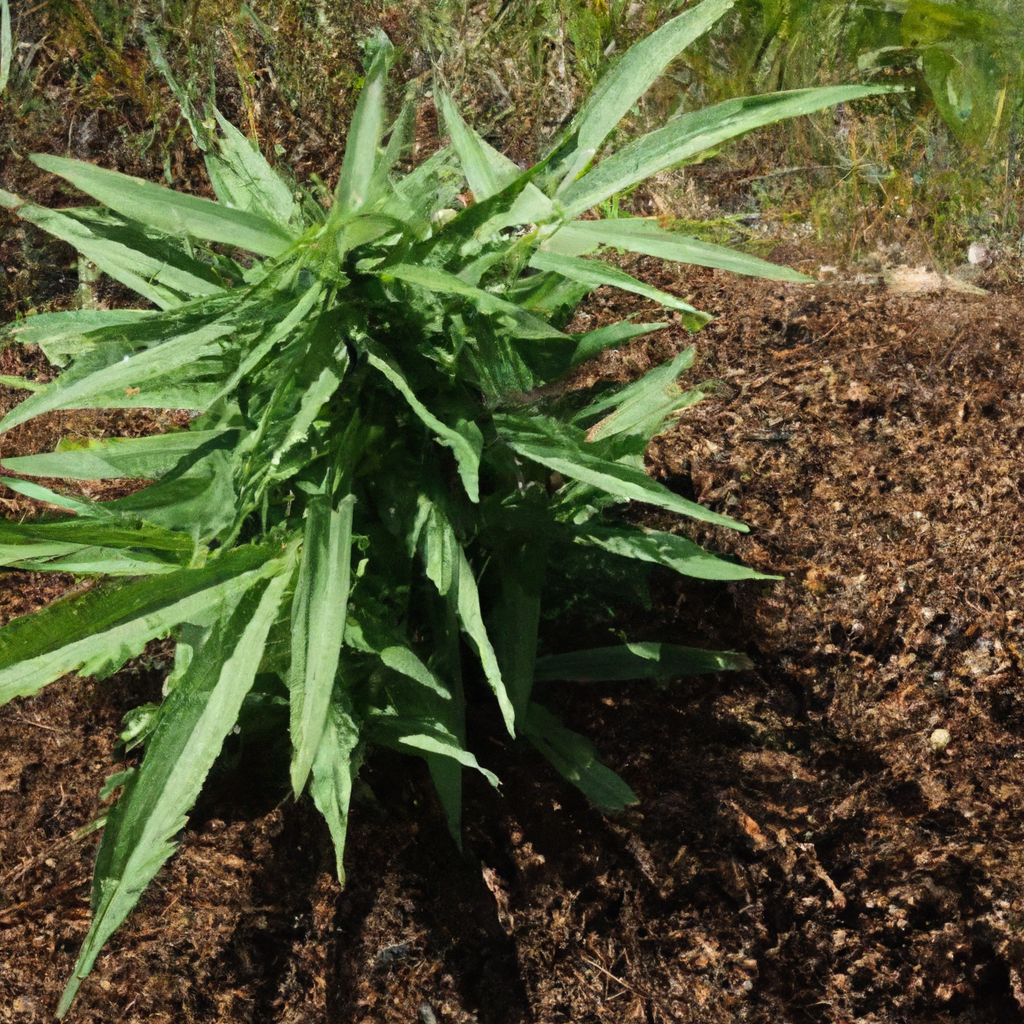Your cart is currently empty!
Introduction: The Natural Path to Quality
In recent years, the quest for cleaner, safer cultivation methods has led many growers back to organic practices. Organic cannabis cultivation not only benefits the environment but also results in a final product that is both superior in quality and free from harmful synthetic chemicals. This guide aims to provide a blueprint for readers seeking success in organic cannabis farming, focusing on natural fertilizers, composting, and eco-friendly pest control.
Building a Healthy Soil Ecosystem
The cornerstone of any successful organic cannabis cultivation is a robust soil ecosystem. Healthy soil acts as a living organism, teeming with beneficial microbes that enhance nutrient availability and promote vigorous plant growth.
- Composting: Incorporate composting into your practice to create nutrient-rich amendments. Home-made compost can recycle waste into valuable organic matter.
- Crop Rotation: Use crop rotation techniques to preserve soil health and fertility. This prevents nutrient depletion and breaks pest cycles.
- Beneficial Microbes: Introduce fungi and bacteria that support plant health. Products like mycorrhizal fungi can improve root health and nutrient uptake.
Natural Fertilizers: Feeding Your Plants Sustainably
Feeding cannabis plants organically is crucial for producing high-quality yields without harmful residues.
- Fish Emulsion: A liquid fertilizer providing a quick nitrogen boost, aiding in early vegetative growth.
- Manure Tea: A rich source of easily accessible nutrients like nitrogen, phosphorus, and potassium.
- Worm Castings: Enhance soil structure and promote robust root systems.
Eco-Friendly Pest Control Practices
Organic pest management is an integral part of sustainable cultivation. It involves using natural deterrents and beneficial predators to keep pest populations in check.
- Neem Oil: A biodegradable oil that disrupts pest feeding and egg-laying without harming beneficial insects.
- Ladybugs: Introduce ladybugs to naturally control aphid populations.
- Companion Planting: Use aromatic herbs like basil and rosemary to deter pests.
The Benefits: For the Environment and the Consumer
Opting for organic cannabis cultivation comes with substantial rewards. Environmentally, it contributes to a reduction in chemical runoff, promoting healthier surrounding ecosystems. For consumers, organic cannabis signifies purity, offering reassurance that their products are free from toxic chemicals that may have adverse health effects.


Leave a Reply